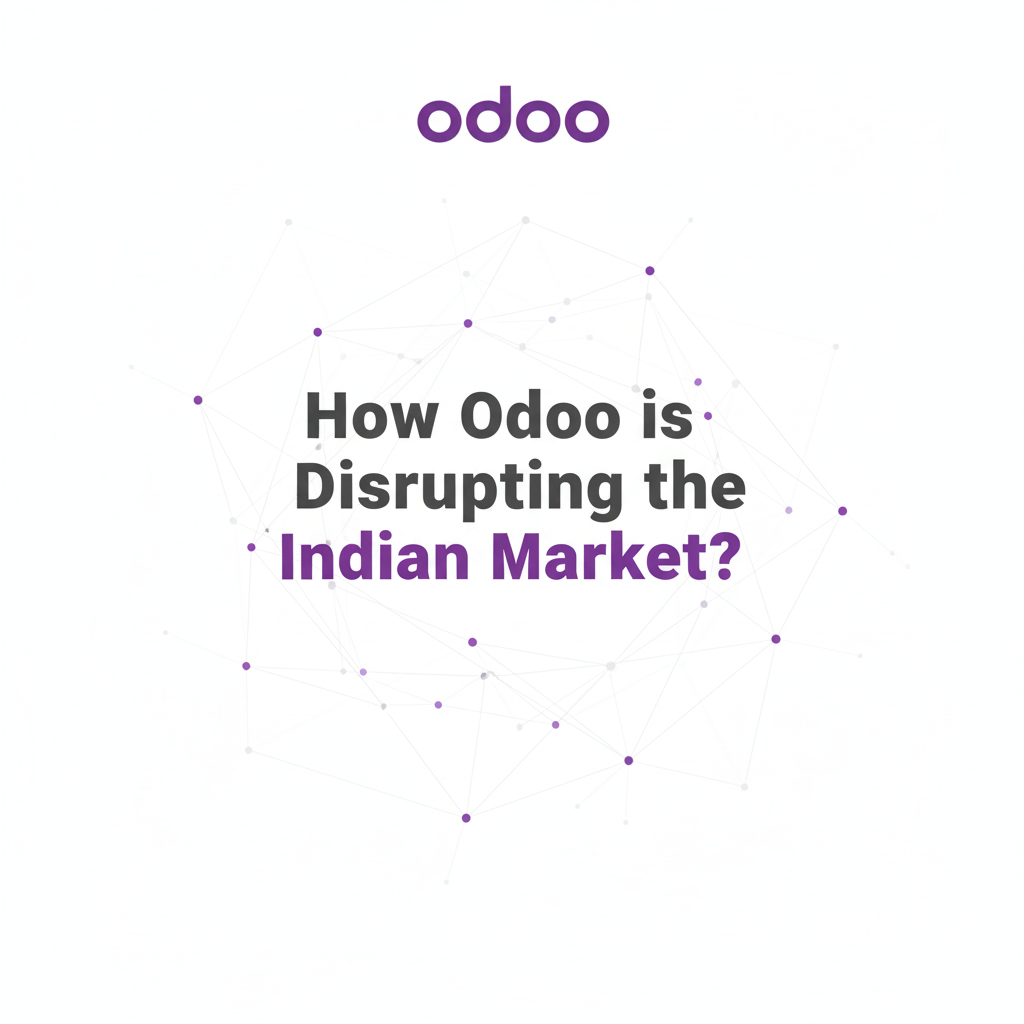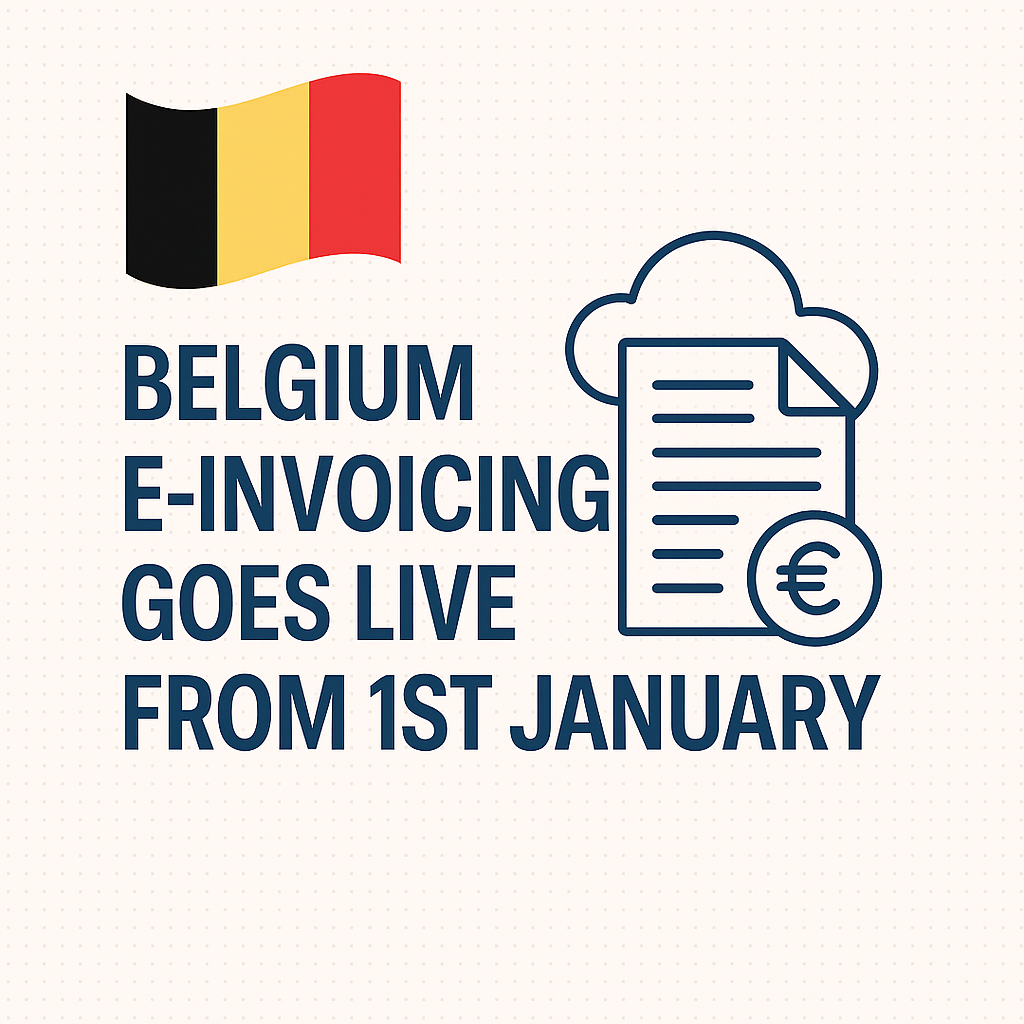When we think of Enterprise Resource Planning (ERP) in India, the traditional giants – SAP, Oracle, Microsoft Dynamics – often dominate the conversation. But in the last few years, one name has been steadily gaining momentum and reshaping the ERP narrative: Odoo.
As someone who has tracked global ERP adoption trends for over a decade, I can confidently say that Odoo is no longer a fringe player. It is redefining what Indian businesses, particularly SMEs and fast-growing startups, expect from an ERP platform.
What is Odoo?
Odoo is a comprehensive, open-source ERP system that integrates core business functions – accounting, sales, inventory, CRM, HR, manufacturing, and more – into a single, seamless platform. Unlike traditional ERPs that often come with heavy licensing costs and long implementation cycles, Odoo offers flexibility, scalability, and affordability.
Think of Odoo as the Lego of ERP: modular, customizable, and designed to grow with your business.
How is Odoo Different from Other ERPs?
- Open Source DNA
Odoo is built on an open-source foundation. This allows Indian businesses to customize the system extensively, without the vendor lock-in that comes with proprietary ERPs. - Affordability Without Compromise
Traditional ERPs can cost crores to implement. Odoo, on the other hand, makes ERP accessible at a fraction of the cost – making it a game-changer for cost-conscious Indian SMEs. - Faster Implementation
While legacy ERPs often take months (or even years) to roll out, Odoo projects can go live in weeks, aligning perfectly with India’s fast-moving market environment. - App Ecosystem
With thousands of community and enterprise apps, Odoo functions more like an ERP marketplace. Businesses can pick what they need and scale as requirements evolve. - User-Friendly Interface
Let’s face it: ERPs have a reputation for being clunky. Odoo breaks that stereotype with a clean, intuitive UI – making adoption easier for non-technical staff.
How Odoo is Disrupting the Indian ERP Market
1. The SME Revolution
India is home to more than 63 million SMEs, and most of them can’t afford – or don’t need – the heavy, complex ERPs used by Fortune 500 companies. Odoo bridges that gap by offering enterprise-level features at SME-friendly prices.
2. Localization for India
From GST compliance to Indian payroll structures, Odoo has adapted quickly to local business needs. This localization is something many global ERPs took years to get right.
3. Digital Transformation Push
With the Indian government’s push toward Digital India and increasing GST and e-invoicing mandates, SMEs are under pressure to digitize. Odoo is becoming their natural choice due to its ease of integration with compliance tools.
4. Flexibility Across Industries
Whether it’s a D2C startup scaling logistics, a manufacturer optimizing supply chains, or a services firm tracking projects – Odoo adapts. Its modular design resonates well with the diverse Indian business landscape.
5. Cloud and Mobility First
In an era where mobile apps are the default, Odoo’s cloud and mobile readiness gives Indian businesses the agility they crave – something legacy ERPs often struggle to deliver.
How Odoo is Penetrating into Indian Tier-2 Cities
While metros have always been early adopters of ERP, the real disruption is happening in Tier-2 and Tier-3 cities. Odoo is empowering growing businesses in places like Raipur, Indore, Nagpur, and Jaipur by offering:
- Affordable ERP solutions that don’t require massive upfront investment.
- Localized implementations to align with state-level tax and compliance structures.
- Cloud accessibility, eliminating the need for costly on-premise infrastructure.
- Partner networks (like Cloudare) providing hands-on customization and support in regional markets.
This democratization of ERP ensures that even smaller cities are not left behind in India’s digital transformation journey.
What Indian Businesses Truly Need
- Affordability: Solutions that don’t burn cash but deliver results.
- Scalability: Systems that grow with the business, not constrain it.
- Compliance-Ready: Built-in GST, e-invoicing, and Indian payroll compatibility.
- Simplicity: User interfaces that don’t require weeks of training.
- Integration-Friendly: The ability to connect with payment gateways, e-commerce, logistics, and CRM tools widely used in India.
Odoo checks every box.
Final Thoughts
India’s ERP market is at an inflection point. Businesses no longer see ERP as a luxury – they see it as a necessity for survival and growth in the digital-first economy. Odoo, with its open-source DNA, affordability, and adaptability, is not just participating in this shift; it’s leading it.
For Indian SMEs and startups, Odoo isn’t just another ERP option. It’s the future of how business will be run.
Call to Action
At Cloudare, we are an official Odoo partner in Raipur, specializing in customization and integration services tailored for end clients. Our clientele includes TVS, CaratLane, Apollo, and Big Basket, and we are also proud to be partnered with KPMG, EY, and ClearTax.
If your business is ready to embrace the future of ERP with Odoo, connect with us today and let’s build the next success story together.
Contact us at : sales@cloudare.in







Leave a Reply
You must be logged in to post a comment.